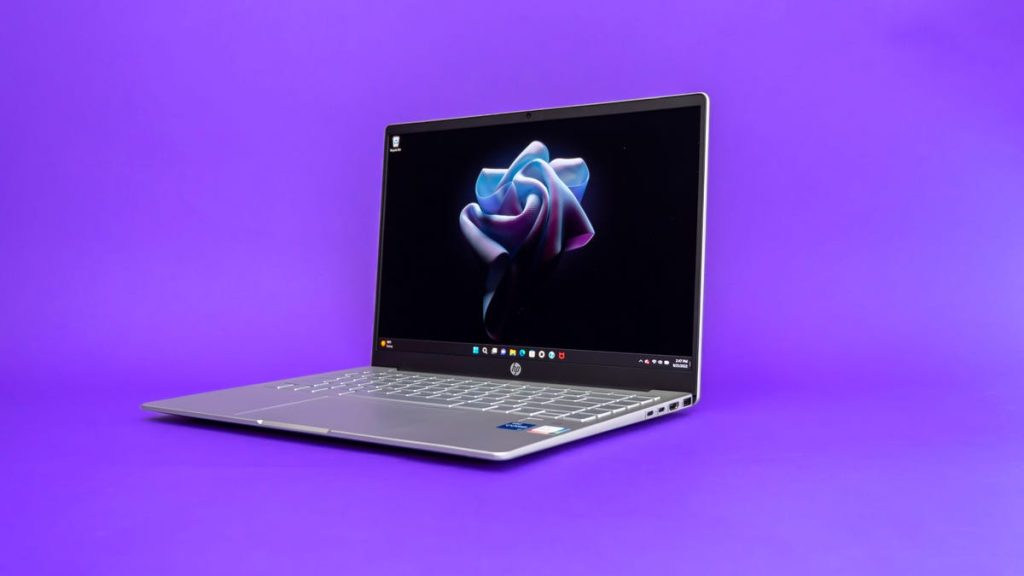When looking to purchase a new laptop, it can be overwhelming due to the vast array of options available. To simplify the process, there are several key factors to consider. Price is typically the starting point for most buyers, as it determines the overall specs and quality of the laptop. It is generally recommended to invest as much as you can afford upfront, as upgrading components later on may not be as feasible with newer laptop models. The sweet spot for a reliable laptop that can handle basic tasks is between $700 and $800, while models suitable for creative work or gaming start at around $1,000.
Another important consideration is the operating system. While Windows and MacOS offer similar functionalities, they differ in terms of user interface and compatibility with certain applications. Windows laptops are more budget-friendly and offer a wider range of options, while MacOS is exclusive to Apple’s MacBook line. For those on a tight budget, Chromebooks provide a cost-effective option for basic tasks such as web browsing and word processing. However, it is essential to ensure that the necessary applications are available on the ChromeOS platform before making a purchase.
Size and screen quality are also critical factors to consider when choosing a laptop. The size of the laptop is primarily determined by the screen, which affects factors such as battery life, weight, and price. When it comes to the screen, pixel density is a crucial consideration for sharp rendering of text and graphics. It is recommended to aim for a dot pitch of at least 100 pixels per inch for optimal clarity. Additionally, the resolution of the screen plays a significant role in determining the overall viewing experience, especially for gaming or creative work.
The processor, or CPU, is considered the brains of the laptop and affects its overall performance. Both Intel and AMD offer a wide range of mobile processors for Windows laptops, with varying speeds and core counts. Apple uses its own M-series chips for MacBooks, which offer enhanced performance and efficiency. The graphics processor, or GPU, is responsible for driving the display and enhancing graphics-related tasks. Integrated GPUs are part of the CPU package, while discrete GPUs offer dedicated memory for improved performance in tasks such as gaming and video editing.
Memory and storage are essential components to consider when purchasing a laptop. It is recommended to opt for at least 16GB of RAM to ensure smooth multitasking and application performance. SSDs have largely replaced traditional hard drives in laptops due to their faster speeds and improved performance. It is advisable to invest in a larger SSD, especially for gaming laptops, to ensure sufficient storage for games and other multimedia content. Overall, the key is to prioritize your needs and budget when selecting a laptop that meets your specific requirements.


